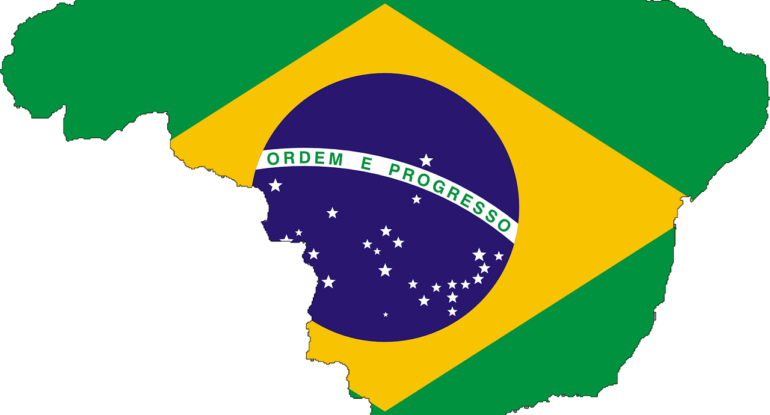Brazil Central Bank Develops Anti Corruption Blockchain Platform!

Four Brazilian-based financial regulatory bodies are now operating together to produce an anti-corruption blockchain platform for screening and conducting background checks on political representatives and corporations.
This anti-corruption blockchain initiative is recognized as PIER and will operate as a data-sharing platform for combating corruption and enhancing transparency. The advantages of the PIER system have even drawn the Brazilian government, which now attempts to leverage PIER in other areas, including the country’s judiciary, trade boards, and international financial bodies.
PIER: Brazil’s Anti-Corruption Blockchain Platform
Anti-Corruption Blockchain platform, PIER is an initiative birthed by Brazil’s central bank; Banco Central do Brasil (BCB). The BCB, the Brazilian private insurance superintendent, and the local securities regulator were some of the first participants of this system. They helped notify its database in the initial stage of its development. PIER is defined by the deputy head of the BCB’s financial system organization department, Daniel Bichuette, as a medium used for inter-departmental data, “drastically reducing” the time needed to evaluate the financial background of an entity.
The collaborations that birthed the PIER project have been defined by the executive secretary of the central bank, Adalberto Felinto da Cruz Júnior, as a “particularly fruitful” venture that has produced an event to promote “important synergies” amongst the participating regulatory institutions. The plan for PIER was revealed in 2018 by the Brazilian central bank. The program has experienced rapid progress over two years partially because the developers used the tested and trusted blockchain technology rather than building a new database platform from scratch.
Blockchain: The Corruption Antidote
When it comes to technology, blockchain has evolved to become the face of transparency, a missing characteristic in various bureaucratic settings around the globe that provides for corruption and deception to succeed.
This immutability of the blockchain stops bad actors from producing deceitful transactions and striving to wrap up their tracks by modifying data records. Blockchain transactions also leave a data trail providing for traceability, a characteristic that can be remarkably beneficial for law enforcement to track suspicious contracts. These blockchain abilities could make fundamental government functions such as asset registration, verification of identity, and transaction certification significantly easier.
A blockchain system combined into government could effectively modify the backbone of bureaucratic operations providing rise to a much more transparent and efficient government. Blockchain integration not only inhibits corruption but also makes it more comfortable to halt it in its tracks. In a world of diminishing trust in government and large corporations, the requirement for a platform that enforces belief cannot be overstated. Blockchain could very well be the judge of truth in government as it’s uniquely befitted to play this role effectively.




























































